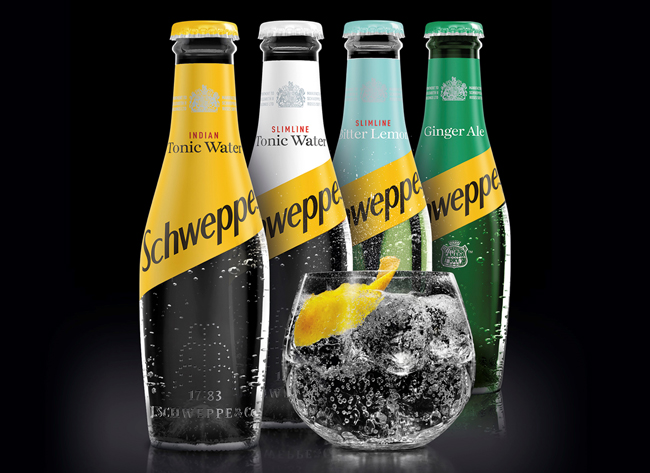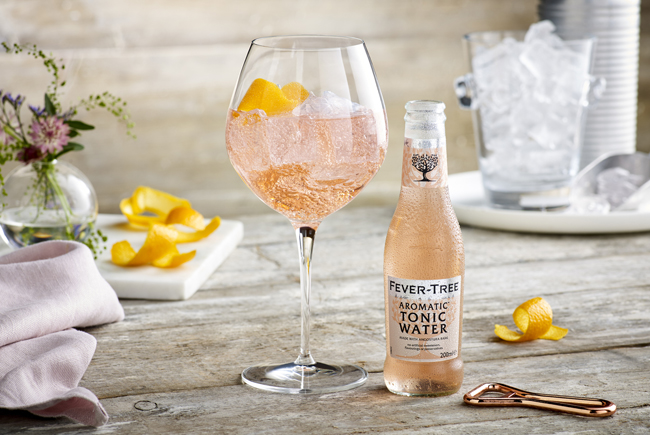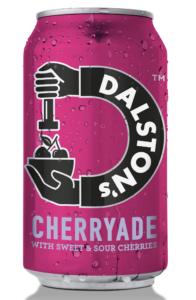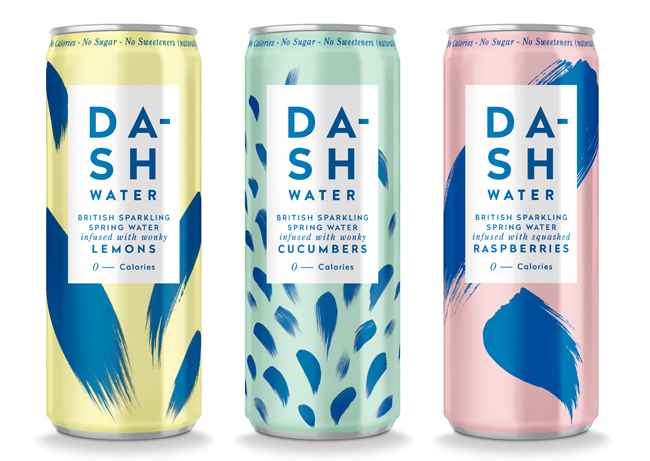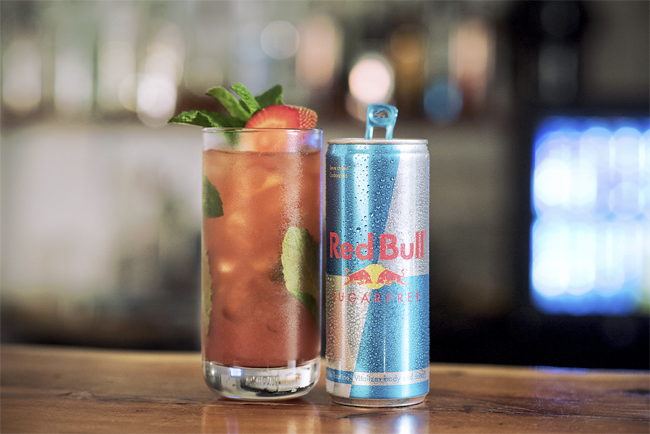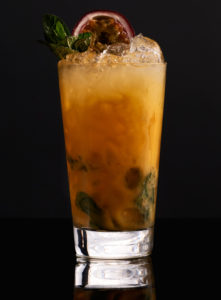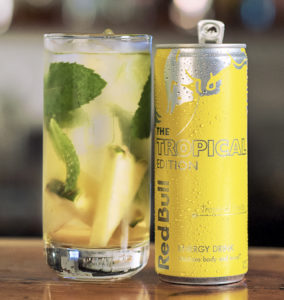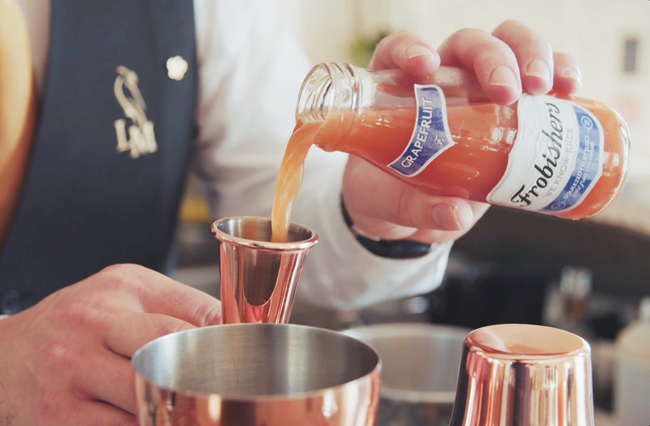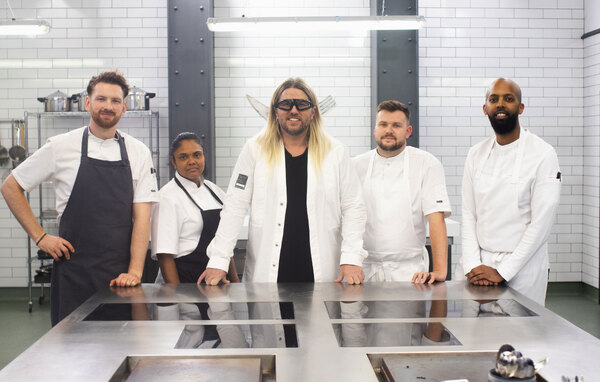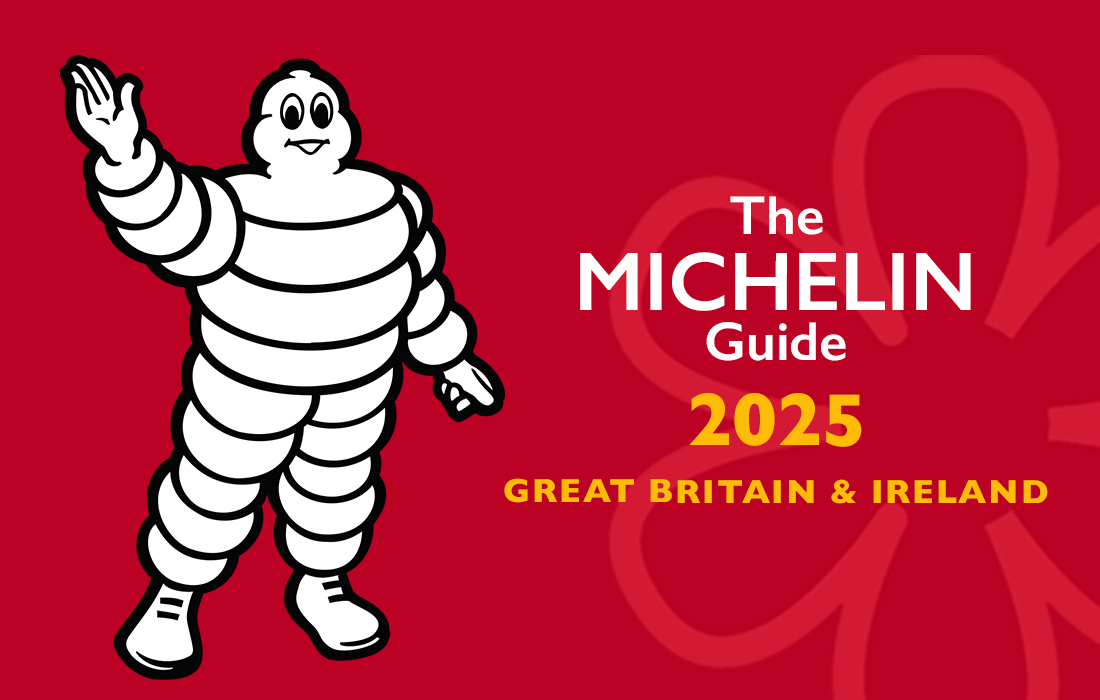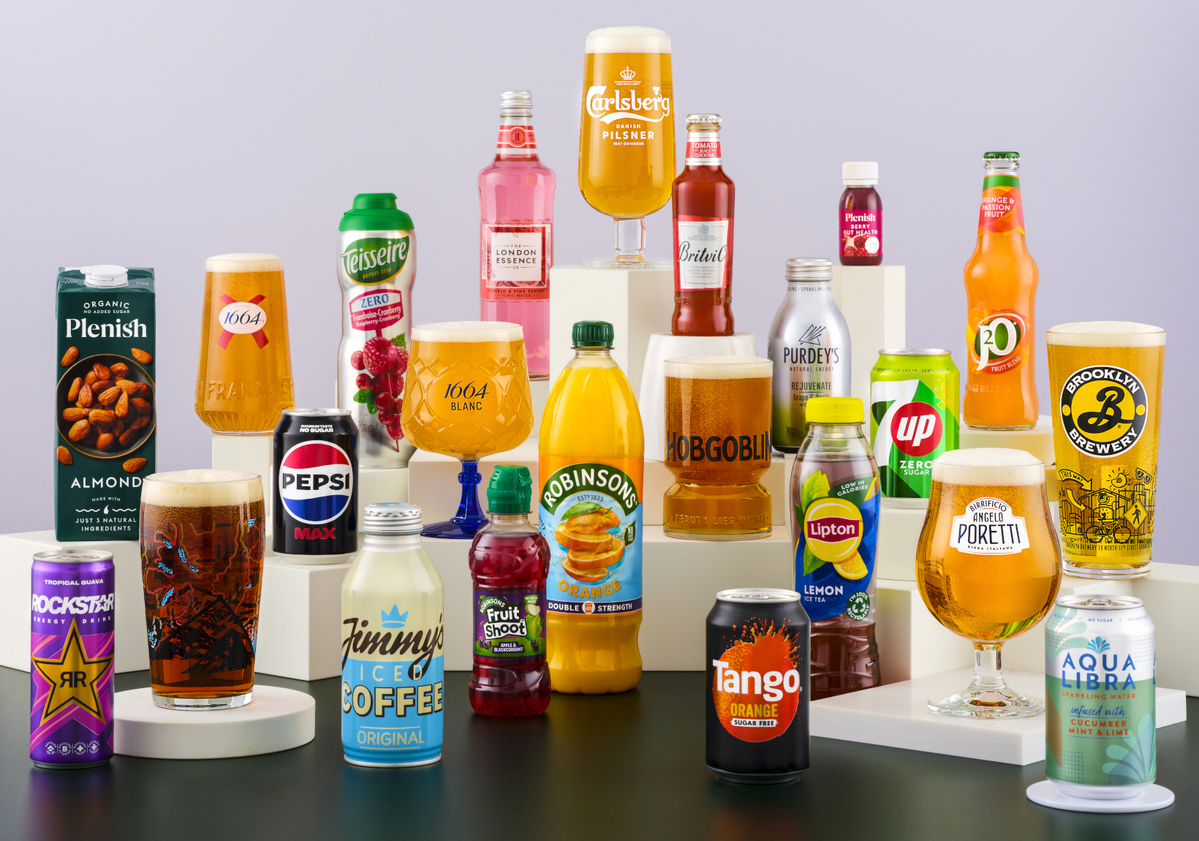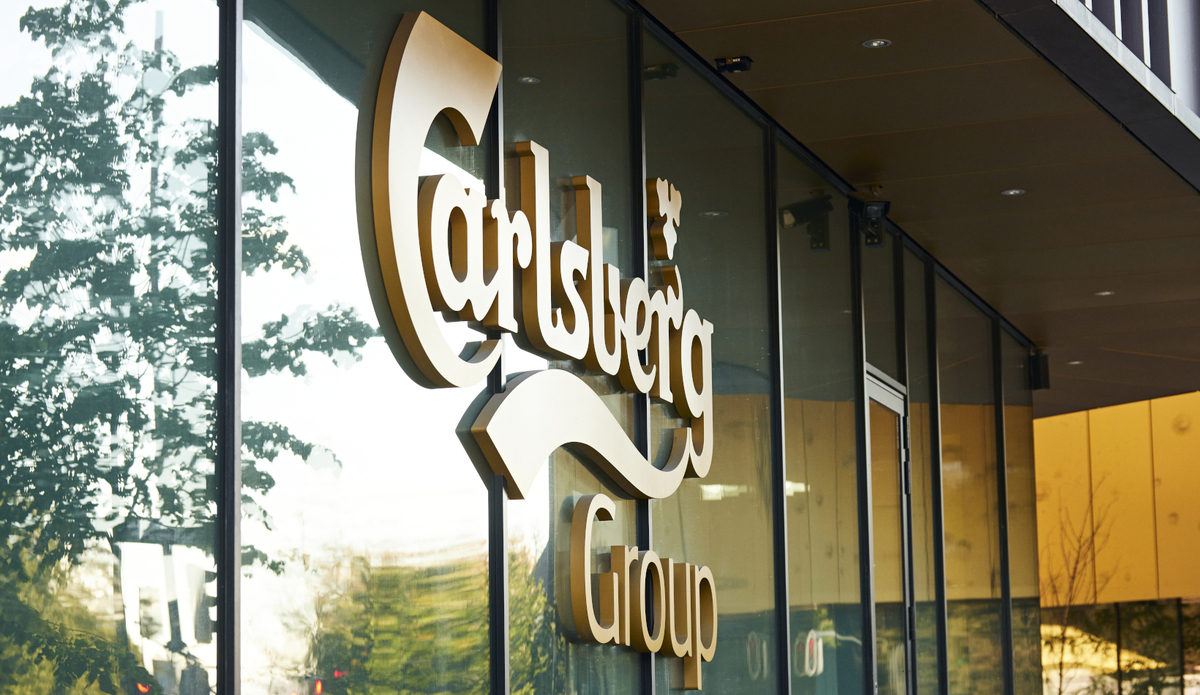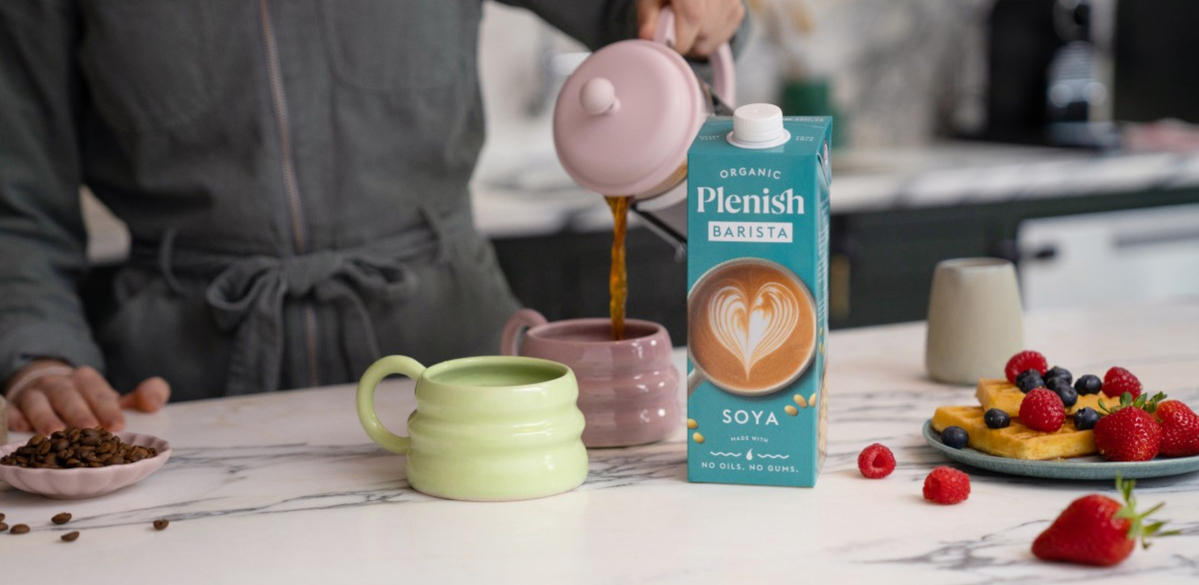The soft option: Revitalise your alcohol-free drinks offering
With the sugar tax on the horizon and consumers increasingly opting for non-alcoholic drinks in pubs and restaurants, John Porter discovers that there's a lot more to teetotalism than just juice and diet cola
If evidence were needed for consumer demand being a more powerful driver of product innovation than legislation, the run-up to the implementation of the sugar tax would seem to provide it.
The latest Office for National Statistics (ONS) figures show that 21% of adults are not drinking alcohol at all, with younger consumers in particular increasingly drinking alcohol less. Many operators and suppliers believe this trend towards teetotalism provides more of an impetus to develop innovative soft drinks with genuine adult appeal than the levy.
âI was very frustrated that when I didnât want to drink alcohol in restaurants and pubs, my choices were limited and, frankly, quite dull,â he says. âIâd seen shrubs served in bars in the US and I began to experiment in the kitchen at home with my own recipes.â
Three initial varieties have been launched, with distributor Borough Wines matching them with vegan dishes at a series of dinners hosted by Chevallier Guild and linked to the Dry January initiative. âThe response from consumers has shown that thereâs real demand for non-alcoholic drinks that can be served with food,â he says.
This view is echoed by Adrian Troy, marketing director for Barr Soft Drinks, whose brands include Snapple and Irn-Bru. âWhen consumers visit outlets for a drink or to dine, they are willing to pay more for a premium offering, so a good choice of interesting flavours is essential. Understanding your customer base and tailoring your soft-drink offering accordingly is key when it comes to driving sales,â Troy says.
Grown-up tastes
Amy Burgess, trade communications manager at Coca-Cola European Partners (CCEP) believes the ONS statistics are evidence that the soft drinks category is now more important to operators than ever before. âThe rising demand for premium or craft soft drinks can be linked to this, as consumers frequently look for drinks that are more exciting and sophisticated while out and about,â she says.
Burgess cites CCEP brands Appletiser and Schweppes Sparkling Juice as âa great way for operators to tap into this trend and maximise their soft drinks sales by appealing to consumers looking for a premium, alcohol-free option.â
For both CCEP and fellow âbig playerâ Britvic, a key response to the looming soft drinks levy has been to switch their promotional emphasis to the sugar-free variants of their core brands, such as Coca-Cola Zero and Pepsi Max. Britvic has also launched a new website, www.sensationaldrinks.com, specifically to help foodservice and leisure operators prepare for the levy and revamp their soft drinks offer.
Amy Giacobbi, marketing manager for CWF, a distributor of brands including fruit juice brand Rauch and San Pellegrino, believes âWhether the consumerâs preference is for a non-alcoholic drink because they are driving or they are looking for something healthy and nutritious, the range of soft drinks available can be very uninspiring.
âDry January was more popular than ever, with people continuing to cut down on alcohol consumption long after the month ended. It is therefore crucial that the on-trade is able to offer a high-quality range of soft drink options.â
Mixers and mocktails
The boom in sales of gin and other craft spirits has seen the advent of a new category of premium mixer brands. The big players have responded, with last year seeing CCEP unveil a new range of naturally flavoured premium mixers called Schweppes 1783, while Britvic has reformulated its flagship Indian Tonic Water.
Fever-Tree is clearly the model new entrants into the mixer category hope to emulate. Fergus Franks, on-trade marketing manager at Fever-Tree, argues that the brand âhas done the leg-work for the whole premium mixer category.â He says the recent addition of Smoky Ginger Ale and Spiced Orange Ginger Ale, aimed as mixers for dark spirits, reflects that âmixability for the on-trade is at the forefront of every innovation at Fever-Tree.â
As its range of flavours has expanded, Fever-Tree has also been able to increasingly capitalise on the growing trend for non-alcoholic cocktails, or mocktails. âA range of non-alcoholic cocktails can really boost sales and can be created with just the addition of ice and a garnish or a dash of bitters, allowing an operator to serve premium and sophisticated soft drinks during periods of high demand,â says Franks.
Mocktails are spreading their appeal across a wide range of outlets. Andrew Stones, chief operating officer of specialist cocktail brand Be At One, reveals that âfrom five years ago to now, weâve seen non-alcoholic drinks grow from less than half a per cent to over 7% of our sales.â
Michelin-starred Lympstone Manor in Exmouth, owned by chef Michael Caines, includes two mocktails developed in partnership with Frobishers Juices on its drinks list. Steve Carter, sales and marketing director for Frobishers, says: âMocktails offer a great opportunity for operators to inject a bit of passion into their soft drinks offering. Simple mocktails served well and with a colourful garnish can elevate gross profit by 40% compared to sales of a mainstream low-value soft drink.â
Red Bull has also developed a series of mocktail serves using its most popular variants. Sophia Blawat, on-premise marketing manager at Red Bull UK, says: âBy targeting customers with mocktail serves and soft drink options, operators can capitalise on the growing early evening occasion. According to the latest data, between 5pm and 8pm, after-work socialisers are looking for long, refreshing drinks that will re-energise them.â
Lee Cannon, category development manager out of home at Lucozade Ribena Suntory, which supplies Orangina, points to CGA stats showing that orange and lemon are the joint second-favourite flavours among premium mixer drinkers. âPremium-flavoured carbonates have never had a higher share of overall soft drinks sales and are currently growing at +2.4% â" the second fastest-growing segment in the whole soft drinks category,â he says.
âOperators should look for versatility from the drinks they include in their range to enable to them to stay ahead of the market trends. Soft drink options should be great- tasting on their own and adaptable enough for use in cocktails and mixed drinks.â
Bottled water also has a part to play, says Carol Saunders, head of customer marketing at Highland Spring. âOperators must not just see water as a thirst-quencher for customers. As the only mixer with no calories, no sugar, no preservatives and no additives, naturally sourced sparkling water is a perfect alternative to sugary mixers for health- conscious consumers. Lots of consumers prefer adding sparkling water to alcoholic beverages instead of soda water.â
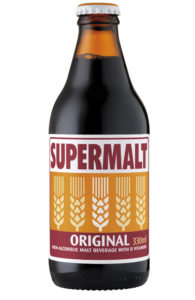
Allan Pirret, sales director of Novus Tea, has high hopes for cold-brew tea as this summerâs favourite âgrown-upâ refreshment. âHaving an innovative and healthy range of soft drinks is really important; cold brew tea meets these criteria and is proving incredibly popular at the moment,â he says.
âIt has the potential to meet the needs of customers on warmer days who would normally order tea but may want something longer and cooler. These customers may shy away from traditional soft drinks that may not be perceived to be aimed at adults.â
New products
Fentimans Mediterranean Orange Tonic Water
Made with sweet Valencian oranges infused with lemon thyme, this aromatic tonic water includes kaffir lime leaves, juniper herbal infusions and lemongrass extract, rounded with a hint of quinine, giving it a distinctive flavour.
Robinsons Fruit Creations
From Britvic comes Fruit Creations, the first in a new range of Robinsons products targeted at adults. A range of flavour combinations are designed to pair with food, each with twice the fruit of the core squash range and no added sugar. Fruit Creations comes in nine flavours, including zesty orange and mango; juicy raspberry and cranberry with barley; and juicy orange, mandarin and lime.
Nonsuch Shrubs
Formulated for those looking for an adult alternative to alcohol, Nonsuch Shrubs are a modern interpretation of the traditional âshrubâ cordial, made using infusions of fruit, herbs and apple cider vinegar. The result is a complex drink with savoury, sweet and sour notes. The three flavours are sour cherry and mint; peach and basil; and blackcurrant and juniper.
Luscombe Drinks Light Devon Tonic Water
Luscombe has expanded its flavoured mixer portfolio with a reduced-calorie tonic, made with Devon spring water and enhanced with the zingy citrus taste of Japanese yuzu and Indian quinine. The product is designed to be served with a spirit or alone.
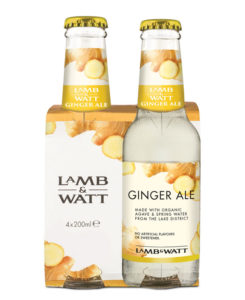
Lamb & Watt, the premium tonic brand from Halewood Wines & Spirits, has diversified its range with a new, full-bodied ginger ale. With a distinctive flavour and delicate level of heat, it delivers a strong and refreshing taste, balancing the flavour profiles of gin, whiskey and spiced rum. It can also be enjoyed as a soft drink.
Dalstonâs Cherryade Premium soda specialist
Dalstonâs is launching a cherryade in April, made with Morello sweet and sour cherries, beet sugar and sparkling spring water. With a third less sugar than mainstream alternatives, itâs one of three new flavours alongside fizzy elderflower and ginger beer.
Amoretti
New to the UK are Amoretti craft purées, a range of more than 40 varieties spanning flavours from blood orange and key lime to jalapeño pepper. Imported from the US, the purées are designed for customising drinks at the point of service, including shakes, cocktails and craft beers.
Dash Water
This British sparkling spring water is infused with âwonkyâ fruit and vegetables, including lemon, cucumber and raspberry, Dash Water aims to encourage people to drink more water as well as reducing food waste by making use of produce rejected on cosmetic grounds.
The soft drinks levy
The levy does not apply to pure fruit juices, milk-based drinks or any other drinks with no added sugar. Dilutable cordials, squashes and syrups will be taxed according to their sugar content once diluted. There are two rates depending on the total sugar content of the drink:
⢠Drinks with more than 5g sugar per 100ml â" 18 pence per litre
⢠Drinks with more than 8g sugar per 100ml â" 24 pence per litre
Andy Crawford, soft drinks category manager with Brakes, sums up the state of play: âSuppliers have made a concerted effort to reformulate large proportions of their soft drinks to below the threshold so that the levy is not applicable. Where product recipes have not been touched â" Coke, Pepsi, Red Bull, etc â" suppliers have ensured they have a low/no sugar or zero-calorie substitute available within the range.
âSome brands have decided that changing the recipe is not right for them as it compromises on product quality â" having a choice and alternatives is the key.â
Danielle Obbard, brand manager for the Hall & Woodhouse-owned Rio brand, emphasises that there will be some consumers who prefer a drink naturally sweetened with sugar over one made with sweeteners: âConsumer awareness will increase considerably once the sugar tax is implemented from April, and it is probable that consumers will be divided in their opinions and behaviour. This may represent an opportunity for brands that have maintained their natural positioning.â
Make mine a mocktail
From Coca-Cola European Partners
⢠50ml mango juice
â¢Â 15ml fresh lime juice
â¢Â 15ml vanilla syrup
â¢Â Schweppes soda water
â¢Â Half a fresh passion fruit
â¢Â Mint
â¢Â Crushed ice
Method Pour mango juice, fresh lime juice and vanilla syrup over crushed ice in a highball glass. Top with Schweppes soda water and garnish with half a passion fruit and a sprig of mint.
â¢Â 30ml Sour Mix
â¢Â 30ml pineapple juice
â¢Â 8 mint leaves
â¢Â 1 cold can of Red Bull Tropical
Bittersweet Fizz Frobishers recipe, served at Lympstone Manor
â¢Â 50ml Frobishers grapefruit juice
â¢Â 35ml blood orange purée
â¢Â 12.5ml fresh lime juice
â¢Â 12.5ml agave nectar
â¢Â Fever-Tree ginger ale
â¢Â Ginger root (1cm thick)
â¢Â Lemon grass (5cm long)
Glassware â" highball
Method Muddle the lemon grass and ginger in a cocktail shaker. Add all the other ingredients and shake. Strain over ice into a highball glass. Garnish with a slice of ginger root, a dehydrated orange wheel and three viola flowers.
Suppliers
Amoretti www.heathwick.com
Barr Soft Drinks www.agbarr.co.uk
Brakes www.brake.co.uk
Britvic www.sensationaldrinks.com
Coca-Cola European Partners www.ccep.com
CWF www.continental-wine.co.uk
Dash Water www.dash-water.com
Dalstonâs www.dalstons.com
Fentimans www.fentimans.com
Fever-Tree www.fever-tree.com
Frobishers Juices www.frobishers.com
Highland Spring www.highlandspring.com
Lamb & Watt www.halewood-int.com
Lucozade Ribena Suntory www.lrsuntory.com
Luscombe www.luscombe.co.uk
Nonsuch Shrubs www.boroughwines.co.uk
Novus Tea www.novustea.co.uk
Red Bull www.redbull.com/gb-en
Rio www.drinkrio.com
Supermalt www.supermalt.com



